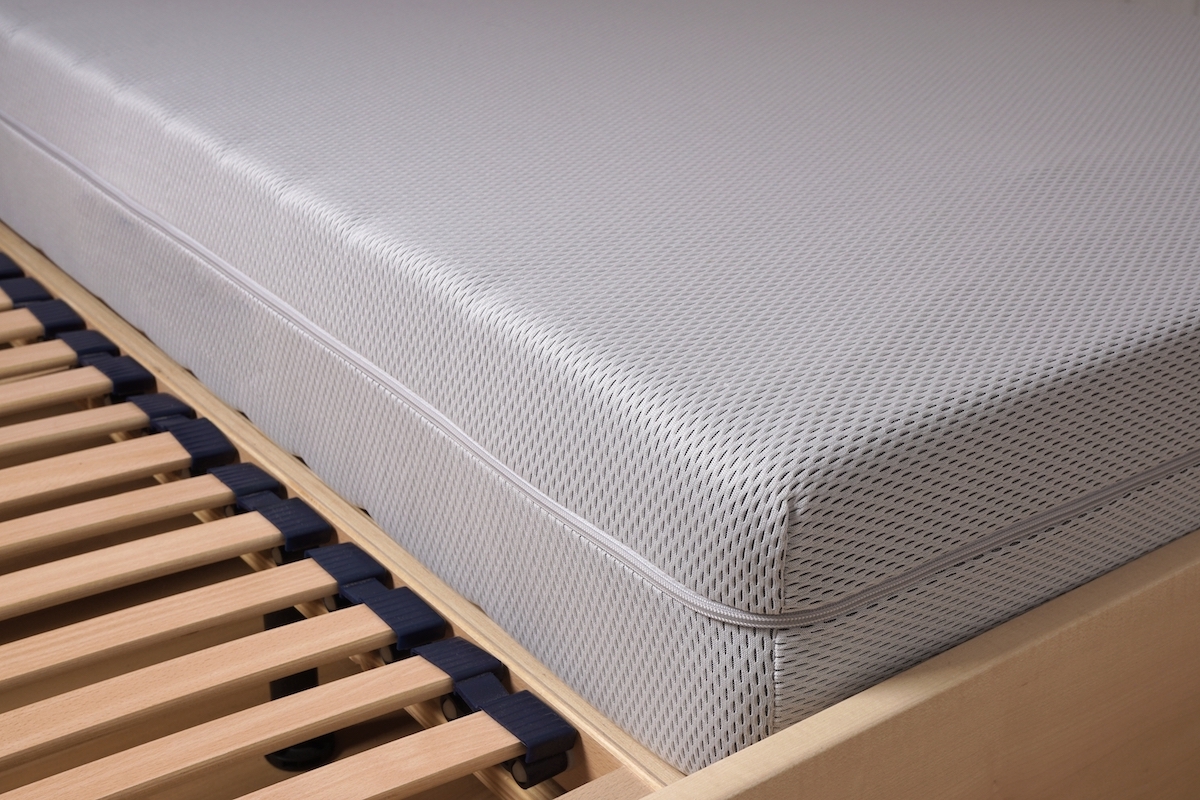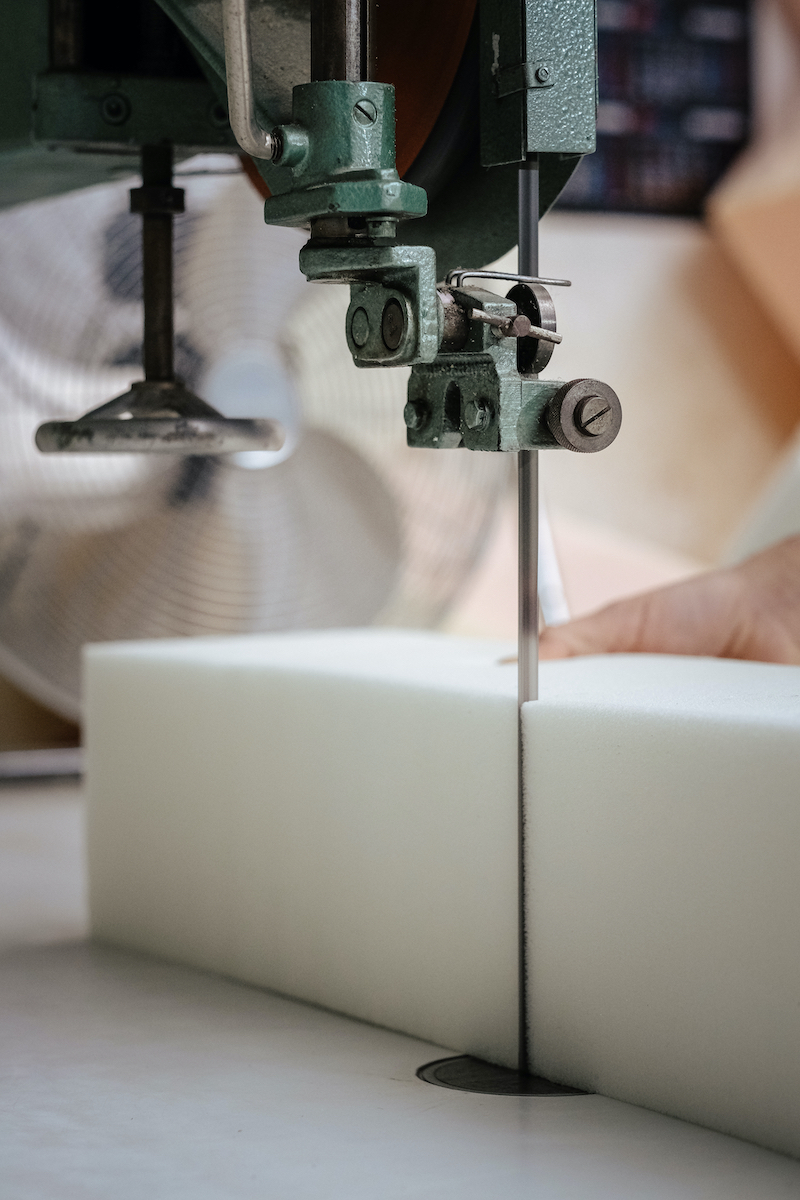10 Tips for Polyurethane Foam Mattress Manufacturers

Polyurethane foam is a key component in modern mattress manufacturing, valued for its durability, flexibility, and ability to provide exceptional support. If you're a mattress manufacturer who relies on polyurethane foam and wants to optimize its use to ensure the highest quality products, here are some essential tips:
1. Choose High-Quality Foam Suppliers
The quality of the polyurethane foam you purchase directly affects the mattress’s final properties, such as density, firmness, and durability. Make sure to work with reliable suppliers who offer certified, consistent foams and can provide detailed technical data sheets for their products.
At ECSA, we understand the demands of the mattress manufacturing industry and are proud to be a leading supplier of high-quality polyurethane foam. We offer a wide range of densities, firmness levels, and innovative properties tailored to your specific needs.
Contact us today and discover how we can become your strategic partner in producing exceptional products.
2. Understand the Specifications of Polyurethane Foam
Before integrating foam into your designs, be sure to understand its key properties: density, firmness, and durability. A solid understanding of these specs will help you select the right foam for each mattress type and ensure the desired performance.
3. Optimize the Foam Cutting Process

Foam blocks or sheets must be cut with precision to minimize waste and ensure exact measurements. Invest in advanced cutting technology and train your team to operate the equipment efficiently.
We’re not only a reliable polyurethane foam supplier—we also offer custom cutting services. We know each mattress design has unique requirements, so our advanced cutting service ensures you receive foam in the exact dimensions and shapes you need, reducing waste and optimizing your manufacturing process.
4. Store the Foam Properly
Proper storage of polyurethane foam is essential to preserve its properties. Ensure your storage facilities are clean, dry, and protected from direct sunlight and extreme temperatures, which can affect the foam's quality and performance.
5. Design Products That Optimize Foam Use
Develop mattress designs that make the most of each foam block or sheet, reducing scraps and waste. Consider creating models that efficiently combine different foam densities and thicknesses.
6. Train Your Team in Foam Handling
Your team must be well-trained in proper foam handling and assembly techniques to prevent material damage and ensure precise assembly. Ongoing training in gluing, cutting, and handling techniques is essential.
7. Manage Foam Waste Sustainably
Even if you don’t manufacture the foam, your operations will generate scraps and remnants. Look for recycling or reuse options for these materials. Many foam manufacturers or specialty companies can process this waste, contributing to sustainability.
8. Collaborate Closely with Your Foam Suppliers
Build a strong, open line of communication with your polyurethane foam suppliers. Their expertise is key to solving challenges, optimizing orders, and gaining access to new formulations or foam types that can enhance your products.
In short, collaboration with polyurethane foam suppliers like ECSA is crucial. Our experience is a valuable resource for troubleshooting, improving your ordering process, and accessing new innovations—ultimately elevating the quality of your final products.